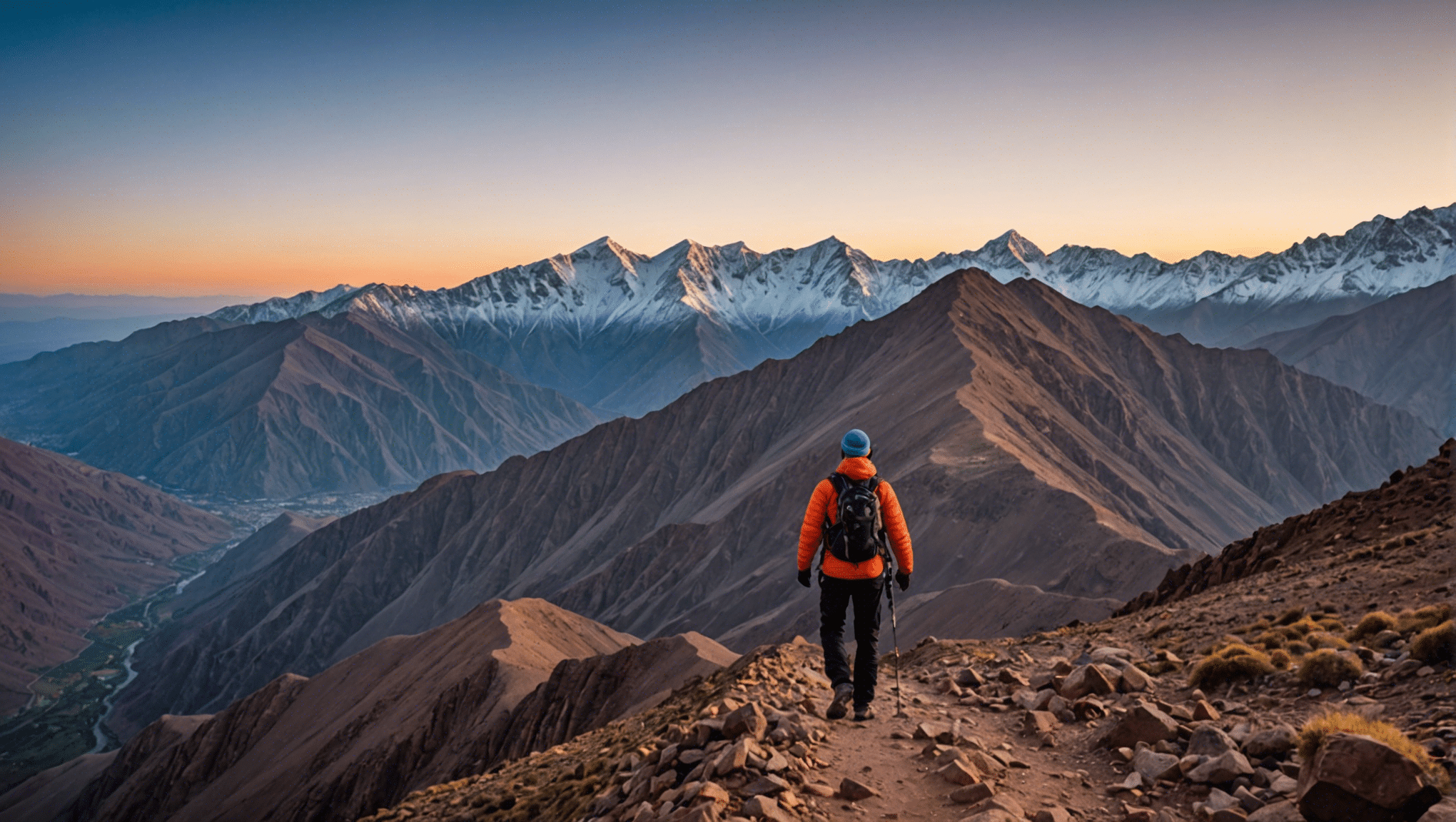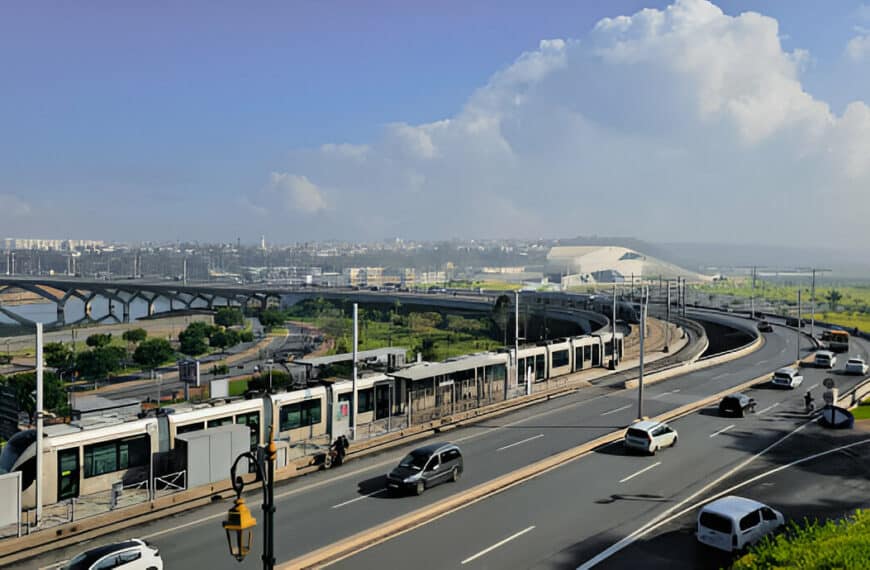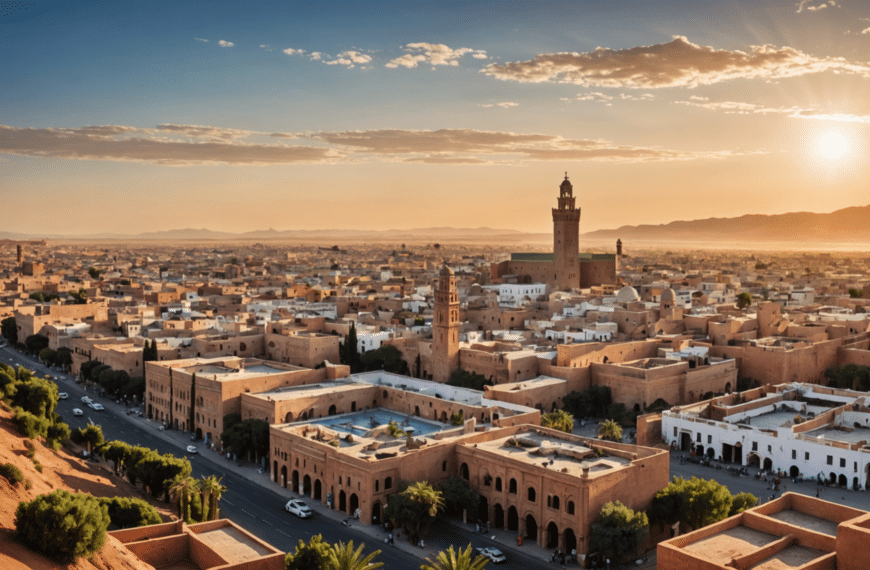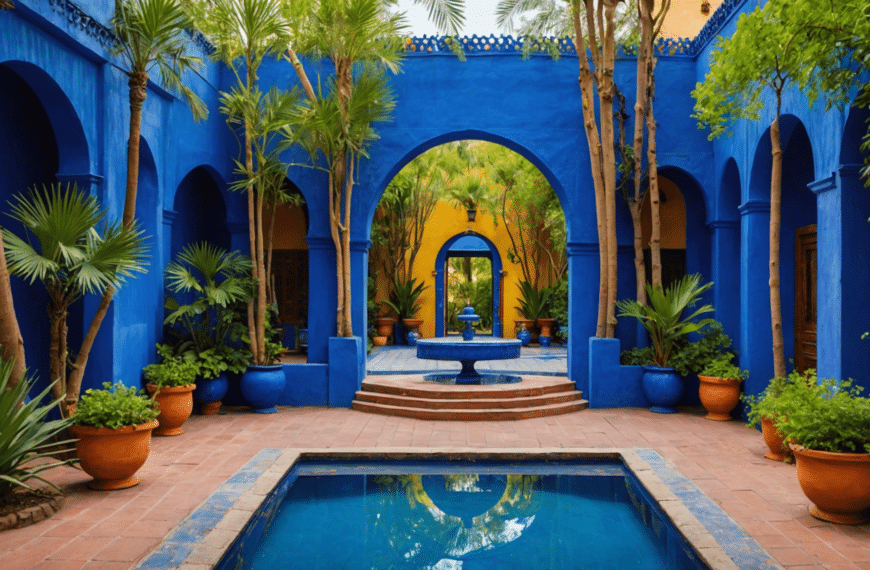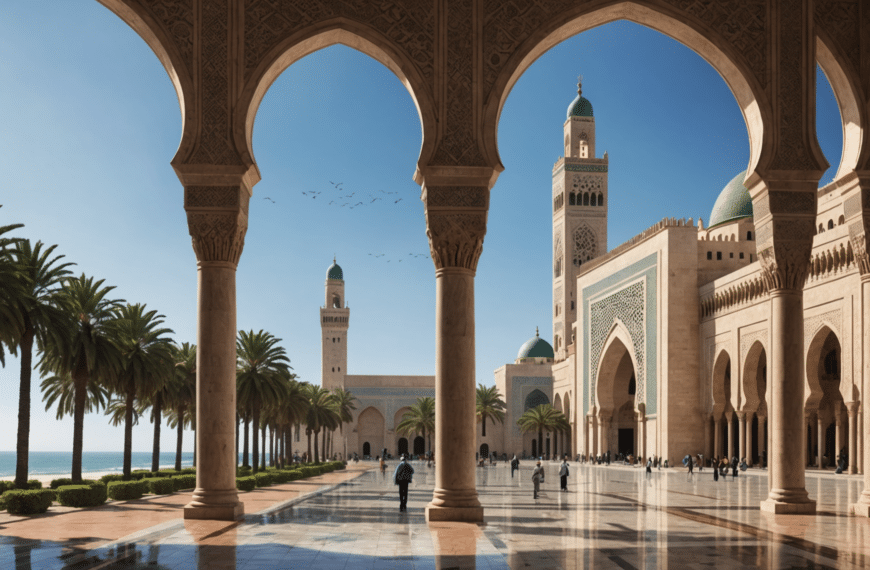Mount Toubkal, standing as the highest peak in North Africa, presents a thrilling challenge for many adventurers. Located in the High Atlas Mountains of Morocco, it reaches an impressive altitude of 4,167 meters (13,671 feet). The journey to its summit is not only a test of physical endurance but also an opportunity to immerse oneself in the stunning natural landscapes and vibrant local culture.
Understanding the Trek to Toubkal
The trek to the summit of Mount Toubkal can typically be completed over two days, starting from the village of Imlil. This approach allows trekkers to acclimatize to the altitude and enjoy the scenery without rushing. The first phase involves a hike to the Toubkal Refuge, which serves as a base camp for those aiming for the summit.
Physical Requirements
While technical climbing skills are not necessary, the ascent requires good physical fitness. Trekkers should be prepared for long walking hours, often six to eight hours a day, with significant elevation gains. The final ascent to the peak is particularly strenuous due to the steep and rocky path. It is essential to have a good level of stamina and physical health before attempting this climb.
Equipment and Preparation
Proper preparation is key to a successful and enjoyable trek. Essential items include:
- Sturdy hiking boots: A durable pair of boots with good ankle support and grip will help navigate the rocky and sometimes icy terrain.
- Weather-appropriate clothing: Layering is crucial as temperatures can vary dramatically from the base to the summit.
- Hydration supplies: Carrying sufficient water and snacks is vital, as there are limited sources along the route.
- Navigation tools: Although the trail is well-marked, having a map and compass or a GPS device adds an extra layer of security.
Navigating Altitude Sickness
Altitude sickness is a common concern when ascending rapidly. Symptoms can range from headaches and dizziness to more severe forms like acute mountain sickness. To mitigate these risks, climbers should:
- Spend a day or two in Imlil or at similar altitudes for acclimatization.
- Maintain hydration and eat light but high-energy foods.
- Ascend slowly, allowing their body time to adjust to decreasing oxygen levels.
Cultural Insights and Respect
The trek through Toubkal is not just a physical journey but also a cultural experience. The region is home to Berber communities with rich traditions and hospitality. Trekkers have opportunities to interact with locals and experience their way of life, especially in Imlil and other small villages along the route. It’s important to approach these interactions with respect and openness, embracing the unique cultural exchange.
The Rewarding Summit Experience
Reaching the summit of Mount Toubhal offers more than just breathtaking views; it provides a profound sense of accomplishment. From the top, climbers are rewarded with panoramic vistas over the Atlas Mountains and on clear days, glimpses of the Sahara Desert. This moment at the peak encapsulates all the effort put into the climb, making it a truly unforgettable experience.
In conclusion, while challenging, climbing Mount Toubkal is an achievable goal for those who are well-prepared. It offers not only physical tests but also opportunities for deep cultural immersion and personal growth. With adequate preparation and respect for both natural and cultural environments, adventurers can enjoy one of Morocco’s most iconic experiences.

